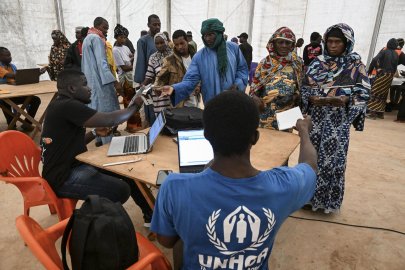Record High Refugee Numbers Amid Declining Global Aid
The global landscape of refugees is changing rapidly, with the latest reports indicating that refugee numbers have surged to record highs. This surge is occurring at a time when global aid funding is on a downward trend. The implications of this crisis are profound and demand immediate attention from governments, organizations, and the global community.
The Current State of Refugees Worldwide
According to recent statistics, there are now over **26 million refugees** globally. This number represents individuals who have fled their countries due to **persecution, war, or violence**. As the world faces numerous conflicts, the **demand for asylum** continues to rise, leading to unprecedented refugee numbers.
Key Factors Contributing to the Rise in Refugee Numbers:
Declining Global Aid Funding
Despite the increasing number of refugees, global aid funding is experiencing a significant decline. Many humanitarian organizations are facing budget cuts, which directly affects their ability to provide essential services to refugees. The **United Nations** and various NGOs have reported a shortfall in funds that are necessary for supporting refugees in **temporary shelters, healthcare, and education**.
Consequences of Reduced Aid:
Responses from Governments and Organizations
In light of these challenges, various governments and organizations are stepping up to address the refugee crisis. Initiatives are being launched to enhance the **immigration process** for refugees and to improve support systems.
Key Developments in Refugee Aid:
The Role of the Global Community
The refugee crisis is a global issue that requires a collective response. The international community must prioritize aid funding and develop comprehensive strategies to support refugees. Countries must work together to ensure that those fleeing violence and persecution have access to safety and essential services.
Ways the Global Community Can Help:
Conclusion
The record high numbers of refugees amidst declining global aid funding paint a sobering picture of the current humanitarian landscape. As the crisis deepens, it is vital for **governments**, organizations, and individuals to take action. By working together, we can ensure that refugees receive the support and protection they need, fostering a more inclusive and compassionate world.
The challenges posed by this crisis are immense, but with concerted efforts and a commitment to humanitarian values, there is hope for a brighter future for millions of displaced individuals worldwide.










